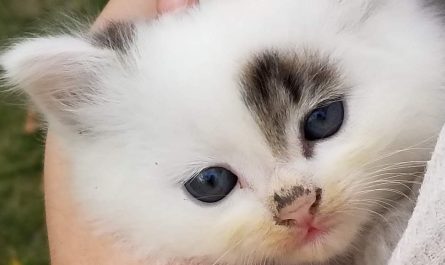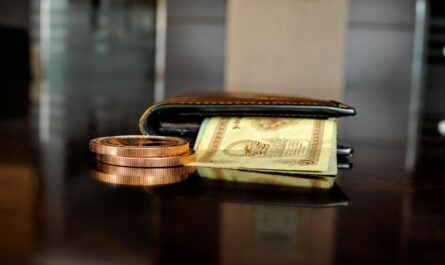

Growing up in the Dominican Republic, I never imagined that the most valuable lesson I'd learn about life would come from reflecting on my childhood poverty. We were dirt poor—literally. Until I was about five or six, we lived in a house with dirt floors. Yet, despite our material lack, we were rich in something far more precious: time. The Wealth of Time in Poverty Our days in the Dominican Republic had a rhythm that now seems luxurious. School occupied only half a day, leaving ample time for housework, play, and family. We gathered for dinner every night, and Sundays were sacred—a time for church, family visits, and community. Photo by Pixabay on Pexels.com Sure, I didn't have many toys. The ones I did have were cherished,
José
José concluded his distinguished 13-year career at Vanguard at age 44, stepping away from corporate life to embrace an early retirement. As a project manager, he expertly orchestrated the creation and delivery of educational materials—both digital and print—for 401(k) participants, ensuring resources reached millions of investors. Today, he embraces life's simpler pleasures: quality time with family, pursuit of passion projects, discovery of new adventures, and leisurely meals in his garden oasis.
View all posts by José →




Hi,
I read the previous article about discovering the life purpose, and then this one, and am a little confused – did you live in Lithuania or Dominican Republic as a child?
Hi Karolina,
My wife, Tanya, wrote the article on Discovering Your Life’s Purpose and she lived in Lithuania as a child.
I wrote this article and lived in the Dominican Republic as a child.
Hope that clears up any confusion and thanks for reading! 🙂
Powerful stuff here. I wouldn’t know where to star if I had to put a list of the garbage I have spent my life energy on, but it would make the pool table purchase look like an investment. It’s all uphill from now.
LOL about the pool table. You can always turn the ship around and it looks like you figured it out Bladimir. Thanks again for commenting.
I sure hope Tony is not buying that $3,000 pool table on a $13/hr salary! Sadly our “american lifestyle” leads many people (including myself in the past) to make those kinds of poor decisions and waste our life energy.
That salary is after all taxes are taken out so Tony believes he makes a lot more. I have made many financial mistakes as well and fortunately learned from them early on. You’re not alone!